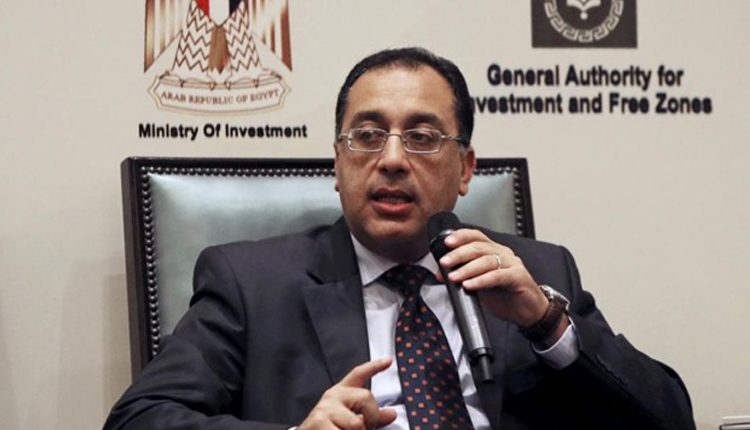Egypt is planning to commence the operation of its first commodities exchange by January 2021. The exchange will provide commodity markets with greater price stability by decreasing risk and increasing the number of traders as well as trade volume, value, and efficiencies.
On January 22, Egyptian Prime Minister Mostafa Madbouly, issued a decree on authorizing the Egyptian stock Exchange, Ministry of Supply’s Internal Development Agency (IDA), and the General Authority for Supply Commodities (GASC) to establish a joint stock company called the Egyptian Commodity Exchange.
This company will be tasked with the management of the commodity exchange, including the facility of trading systems, quotations, pricing and control mechanisms, and risk management.
Up to $6.3 million of capitalisation will be allocated to run the new commodity exchange.
Shareholders in the new company include major state banks; Banque Misr, the National Bank of Egypt, and the Agricultural Bank of Egypt, the Egyptian bourse, and Ministry of Supply.
Other shareholders will also encompass EFG Hermes, Misr Insurance Holding Company, Misr Authority for Central Clearing, Depository and Registry, and the Federation of Egyptian Chambers of Commerce (FEDCOC).
The company’s board will be made up of shareholders with the Egyptian government holding a 51 percent stake and the remaining 49 percent for private entities.
The Egyptian commodities exchange will initially offer trading of four agricultural commodities; wheat, corn, rice, and sugar.
The exchange is expected to be for spot commodities that have large market volumes and are storable for long periods. Futures would not be offered on the exchange for the foreseeable future.
Egypt has for years long considered establishing a commodities exchange. On October 20, 2019 the Egyptian bourse celebrated the completion of new commodity exchange feasibility study that was developed in collaboration with Ministry of Supply and the FEDCOC.
According to the study, the exchange will be an electronic platform that is connected to logistics centres, crop collection centres, warehouses, and silos to identify commodity supply and demand and ensure a more efficient value chain.
The exchange is aimed at ensuring fair, clear, and transparent trading and pricing of commodities through market mechanisms of supply and demand. It is expected to contribute to decreasing inflation resulting from fluctuating commodity prices, in addition to enhancing the marketability of smallholder production.
In addition, the exchange is expected to provide greater stability for whenever there are commodity price fluctuations by lessening risk and increasing the number of traders, trade volume, trade value, and enhance overall product quality.
This will boost trade effectiveness and promote efficiencies that will result in higher income for small scale farmers, and consumers will have access to higher quality and affordable goods.
Authorities in Egypt hope that the exchange could also act as a vehicle to create new ideas and innovations across the food value chains, thus attracting new investments into the agri-food sector.
Source: Africa Business Communities
